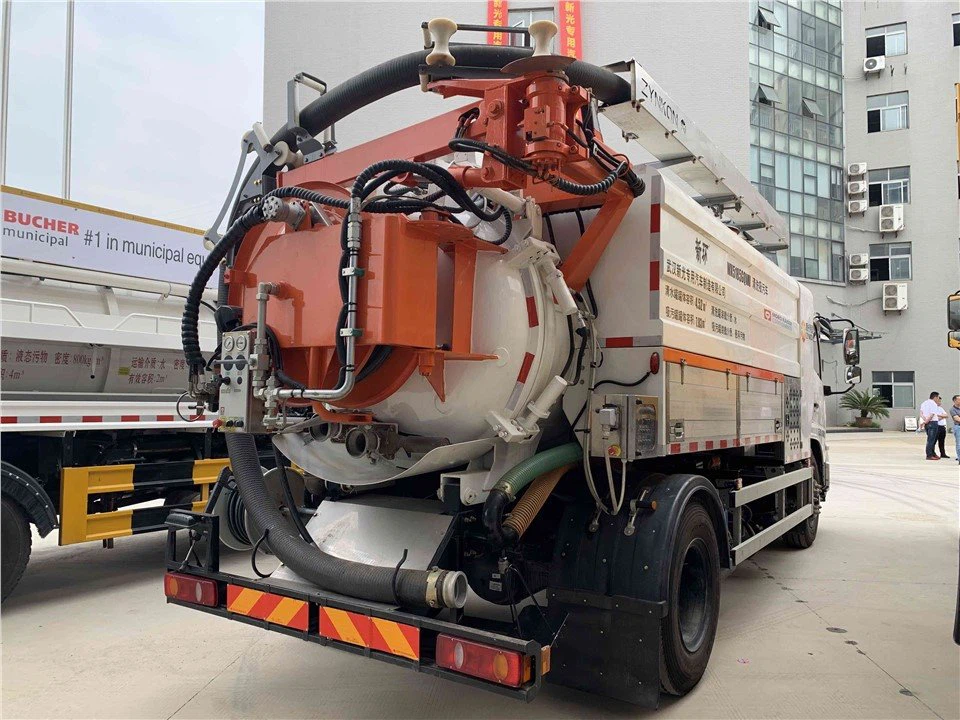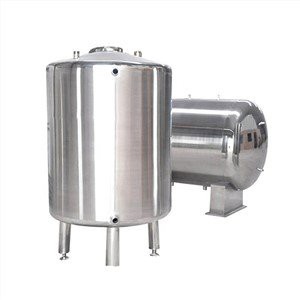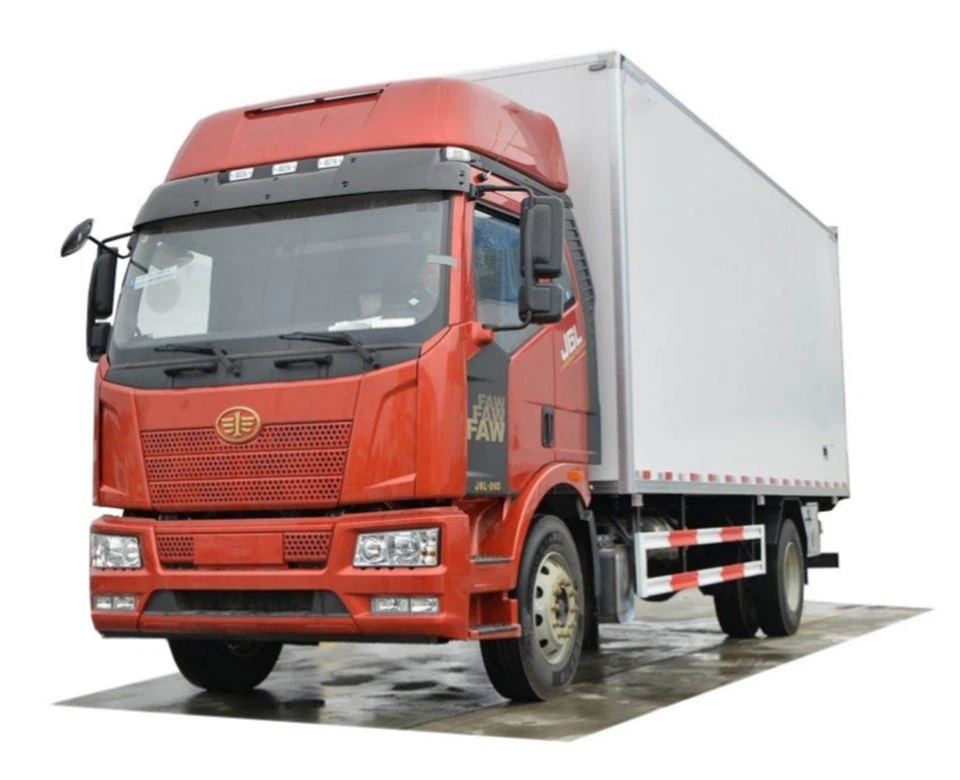Sweeper Truck: A Comprehensive Guide to Street Cleaning Solutions

Introduction
The environment around us plays a crucial role in our quality of life, and maintaining clean streets is fundamental for urban areas. Sweeper trucks are essential vehicles in the fight against pollution and litter. These specialized trucks help municipalities and businesses keep roads, parking lots, and public spaces clean and free from debris. In this article, we will delve into everything you need to know about sweeper trucks, including types, features, benefits, operational tips, and how they contribute to cleaner communities.
Understanding Sweeper Trucks
What is a Sweeper Truck?
A sweeper truck is a heavy-duty vehicle designed specifically for street cleaning. It uses a combination of brushes, vacuums, and sometimes water to remove dirt, leaves, garbage, and other debris from paved surfaces. These trucks are vital for maintaining urban aesthetics and preventing pollution.
How Sweeper Trucks Work

Sweeper trucks typically operate using a few key components:
- Brushes: These rotating brushes sweep debris into a central hopper on the truck.
- Vacuum System: This system collects finer dust and particles that brushes might miss.
- Water Spray: Many models use water to reduce dust creation while sweeping.
- hopper: The collected debris is stored in a container (hopper) that can be emptied when full.
Types of Sweeper Trucks
1. Mechanical Sweeper Trucks
Mechanical sweepers use brushes and do not rely on a vacuum system. They are suitable for picking up larger debris and are efficient on various surfaces, such as streets, parking lots, and airports.
2. Vacuum Sweeper Trucks
Vacuum sweepers use suction to pick up debris in addition to brushes. They are particularly effective for fine dust and can be used in more delicate environments.
3. Regenerative Air Sweepers
These advanced sweepers utilize a combination of air pressure and vacuum to lift debris. They are often quieter and more efficient, making them ideal for urban areas during busy times.
4. Combination Sweepers
Combining both mechanical and vacuum technologies, combination sweepers are versatile and can tackle various cleaning tasks effectively.
Key Features of Sweeper Trucks
1. Visibility and Safety Features
Most modern sweeper trucks are designed with enhanced visibility options, including rearview cameras, advanced lighting systems, and reflective markings to ensure safe operation.
2. Eco-Friendly Options
With increasing attention to environmental preservation, many manufacturers are designing sweepers that use less fuel, follow emission regulations, and utilize eco-friendly cleaning solutions.
3. Compact Models
For urban environments with limited space, compact sweeper trucks are available. These models maintain cleaning efficiency while being easy to maneuver in tight spaces.
Table: Comparison of Sweeper Trucks
| Type | Suitable Terrain | Debris Type | Pros | Cons |
|---|---|---|---|---|
| Mechanical | Streets, parking lots | Larger debris | Cost-effective, simple operation | Less effective for fine dust |
| Vacuum | Paved surfaces | Fine particles | Great for dust control | Higher maintenance |
| Regenerative Air | Urban streets | Various | Efficient and quiet | Higher upfront cost |
| Combination | Multiple surfaces | All types | Versatile | May be more complex |
Benefits of Using Sweeper Trucks
1. Improved Street Appearance
Regular sweeping keeps streets clean and visually appealing, which can enhance community pride and tourism.
2. Health Benefits
By removing debris and dust, sweeper trucks help reduce respiratory issues and allergies caused by pollution.
3. Extended Pavement Life
Regular cleaning prevents accumulation that can lead to surface degradation, extending the lifespan of roads and pavements.
Operational Tips for Sweeper Trucks
1. Scheduling Regular Sweeping
Having a regular cleaning schedule ensures that debris does not accumulate and allows for better resource management.
2. Seasonal Adjustments

Adjusting cleaning practices during different seasons can ensure that seasonal debris like leaves or snow is effectively managed.
3. Maintenance Checks
Regular maintenance of the sweeper truck itself is critical. Check filters, brushes, and vacuums to ensure efficient operation.
4. Training Operators
Ensuring that operators are well-trained can enhance the efficiency of the sweeper truck operation and reduce accidents.
Cost Considerations for Sweeper Trucks
1. Purchase vs. Leasing
Municipalities must consider whether to purchase or lease a sweeper truck based on their budget and operational needs. Leasing can lower upfront costs but may be more expensive in the long run.
2. Operational Costs
Costs associated with fuel, maintenance, and labor should also be factored in when budgeting for sweeper truck operations.
3. Funding and Grants
Many local governments can access grants for environmentally-friendly vehicles, including sweeper trucks, to help offset costs.
Future of Sweeper Trucks
1. Technological Innovations
Advancements in technology are leading to smarter sweeper trucks that integrate GPS tracking, automated operations, and real-time data analytics to enhance their efficiency.
2. Sustainability Efforts
With growing awareness of climate change, sweeper truck manufacturers are focusing more on electric models and biodegradable cleaning agents, making them more sustainable.
3. Adoption of AI and Automation
Future sweeper trucks may integrate AI technologies to facilitate route optimization and improve real-time decision-making based on various environmental factors.
FAQs about Sweeper Trucks
1. How often should streets be swept?
The frequency of street sweeping depends on several factors such as urban density, traffic volume, and seasonal changes. Generally, high-traffic areas may require weekly sweeping, while others may be done bi-weekly or monthly.
2. What is the average lifespan of a sweeper truck?
A well-maintained sweeper truck can last between 10 to 15 years. Regular maintenance is key to extending its lifespan.
3. Are there specific regulations for street cleaning?

Yes, local regulations may dictate how often streets should be cleaned, especially in high-traffic areas or near sensitive environmental zones.
4. Can sweeper trucks operate in bad weather?
While sweeper trucks can operate in light rain or snow, heavy weather conditions may limit their effectiveness. Operators should use their judgment to ensure safety.
5. What types of debris can sweeper trucks pick up?
Sweeper trucks are capable of collecting various types of debris, including leaves, trash, dust, gravel, and even small rocks.
6. Is there a difference between sweepers for public and private use?
While the technology is similar, public sweepers are usually larger and designed for more extensive operations, whereas private sweepers are often smaller and more compact for maneuvering in private properties.
